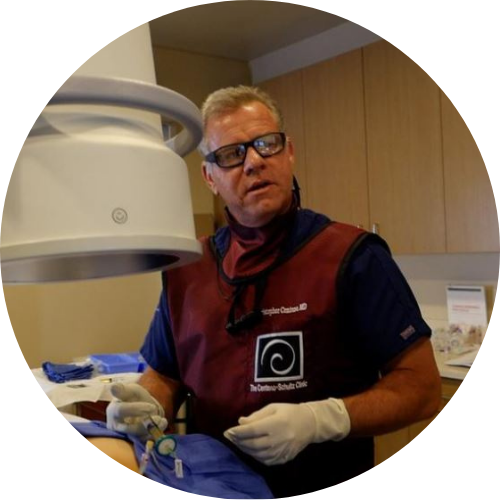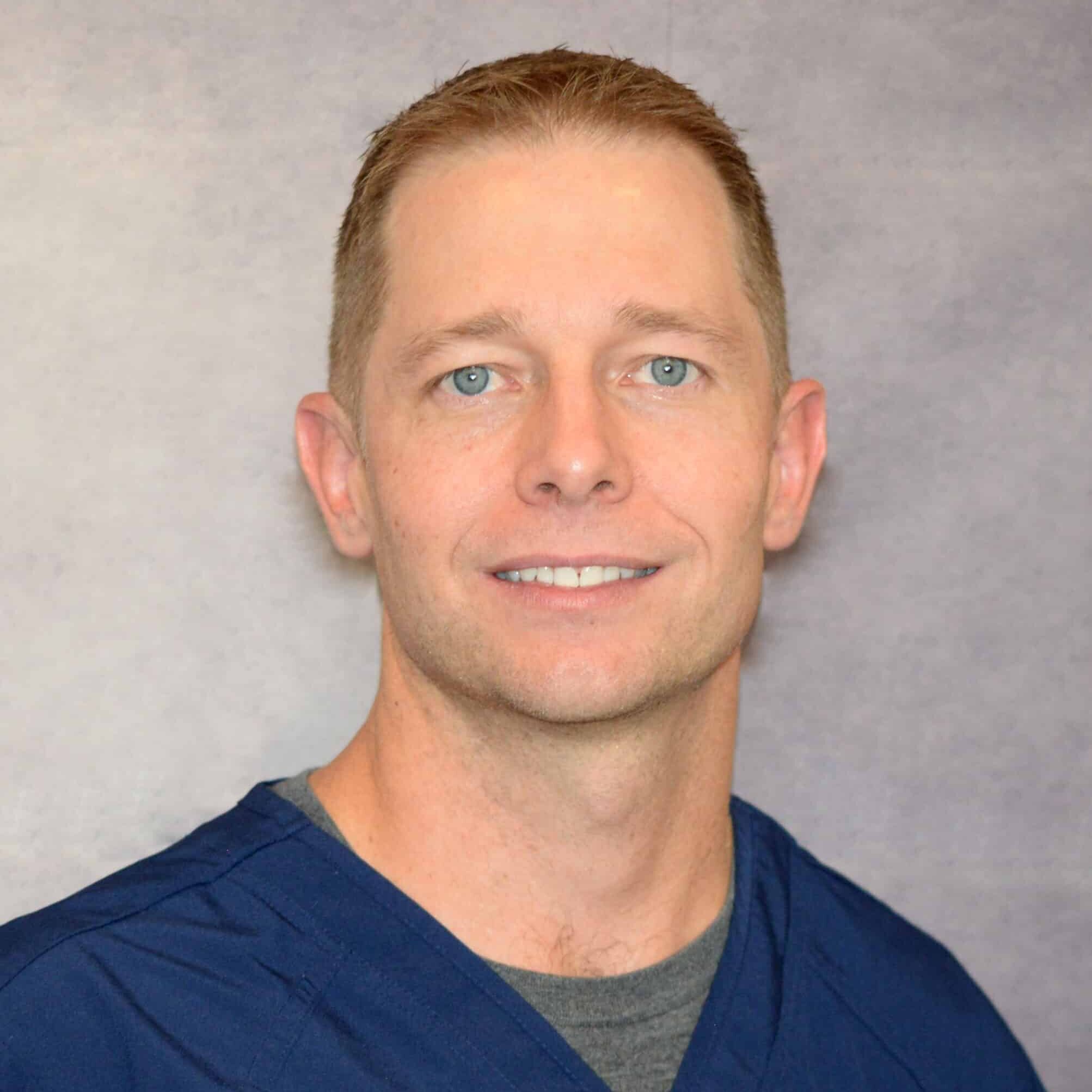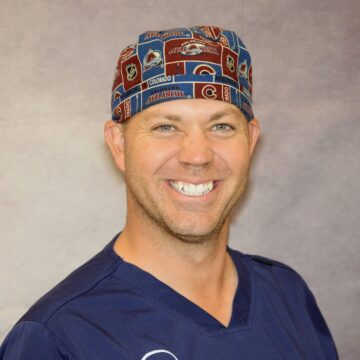Hip arthroscopy has become a very common surgery and is most often performed for labrum tears in the hip joint or hip impingement. Unfortunately, however, while this surgery is billed as a less invasive option for open hip surgery, hip arthroscopy has its own long list of side effects and, in many cases, simply isn’t effective. So, today, we’re looking at 5 common hip arthroscopy complications that may make you want to reconsider that hip arthroscopy.
Hip Arthroscopy Complications
1. Hip Arthroscopy Worsens Arthritis
In one study, researchers discovered that even the most minimal amount of arthritis present at the time of surgery drastically reduced outcome results. In fact, nearly 6 in 10 experienced worsening of their arthritis following hip arthroscopy.
While bone spurs often get a bad rap, and hip arthroscopy for hip impingement involves shaving off these bone spurs, we’ve observed that this bone spurs actually protect the hip joint. From what? Instability. Bone spurs form to help stabilize a hip joint that has become unstable. When bone spurs are removed during surgery, the hip is no longer able to protect hip cartilage from the unstable joint. To learn more about hip impingement and bone spurs, watch Dr. Centeno’s video below:
2. Hip Arthroscopy Can Result in “Portal Syndrome”
To access the hip joint for hip arthroscopy, first, an incision is made through the skin and tissue and into the hip joint; a scope is passed through this access point to allow the surgeon to visualize the hip. Then separate incisions are made to create portals, or tunnels, into the hip joint; these portals allow the surgeon to pass instruments through in order to perform the surgery.
We’ve seen many patients in our clinic suffering from chronic pain at portal sites. We see so many, in fact, that we have a name for this: “portal syndrome.” What would cause this? Portal sites where nerves have become entrapped and full healing has be unable to occur.
3. Hip Arthroscopy Can Damage Nerves
As mentioned in number two above, one of the little-known hip arthroscopy complications is that nerves can become entrapped in portal sites, but nerve damage during hip arthroscopy doesn’t stop there. In order to make enough room in the joint for the instruments used during hip arthroscopy, a great deal of traction is used to pull the hip. So much traction, in fact, that the femoral nerve, the major nerve that supplies the leg and thigh, is often unable to transmit signals as the surgery is being performed.
4. Hip Arthroscopy Leaves Behind Metal Debris
While it’s common knowledge that metal debris is a result of hip replacement, metal debris also gets left behind with hip arthroscopy. One study found that metal bone shavers, such as what might be used to shave off a bone spur, and other arthroscopic surgical tools left behind metal particles that could lead to joint damage. In particular, they found that these metal particles actually killed off some of the joint cells and caused some cells to produce toxic substances that were harmful to the joint.
5. There Are Regenerative Medicine Alternatives to Hip Arthroscopy
Regenerative medicine treatments for hip conditions such as hip impingement and hip labrum tears involve first addressing biomechanics (with impingement, what caused the bone spur to form in the first place?). We also address the health of the cartilage in the hip joint by injecting high concentrations of a patient’s own platelets or bone marrow concentrate (containing stem cells) into the joint. If a patient comes to us who has undergone hip arthroscopy and is suffering with those embedded nerves in the surgical portals, portal syndrome, we can relieve pain with a precise image-guided injection of platelet lysate to hydrodissect those damaged nerves inside the portals.
If you’re considering hip arthroscopy, we hope our 5 reasons to reconsider hip arthroscopy will help you come to the right decision for you. At the very least, please don’t assume that because it isn’t as invasive as open hip surgery, such as a hip replacement, it must be risk-free. As you now know, there are major hip arthroscopy complications that must be considered, and with regenerative medicine options available, hip arthroscopy doesn’t have to be a given.
Our Doctors that Treat Hip Arthritis with Regenerative Injections

Christopher J. Centeno, MD
Christopher J. Centeno, M.D. is an international expert and specialist in Interventional Orthopedics and the clinical use of bone marrow concentrate in orthopedics.
Dr. Centeno is one of the few physicians in the world with extensive experience in the culture expansion of and clinical use of adult bone marrow concentrate to treat orthopedic injuries. His clinic incorporates a variety of revolutionary pain management techniques to bring its broad patient base relief and results. Dr. Centeno treats patients from all over the US who travel to Colorado to undergo innovative, non-surgical treatments. Dr. Centeno has chaired multiple international research-based conferences. He also maintains an active research-based practice, with multiple publications listed in the US National Library of Medicine. Dr. Centeno has also served as editor-in-chief of a medical research journal dedicated to traumatic injury.
Dr. Centeno trained at the Baylor College of Medicine, Texas Medical Center, and the Institute for Rehabilitation Research. He hails from both Florida and New York and currently resides in Boulder, Colorado with his wife and three children.

John Schultz, MD
John R. Schultz M.D. is a national expert and specialist in Interventional Orthopedics and the clinical use of bone marrow concentrate for orthopedic injuries. He is board certified in Anesthesiology and Pain Medicine and underwent fellowship training in both. Dr. Schultz has extensive experience with same day as well as culture expanded bone marrow concentrate and sees patients at the CSC Broomfield, Colorado Clinic, as well the Regenexx Clinic in Grand Cayman. Dr. Schultz emphasis is on the evaluation and treatment of thoracic and cervical disc, facet, nerve, and ligament injuries including the non-surgical treatment of Craniocervical instability (CCI). Dr. Schultz trained at George Washington School of…
Read more
John Pitts, M.D.
Dr. Pitts is originally from Chicago, IL but is a medical graduate of Vanderbilt School of Medicine in Nashville, TN. After Vanderbilt, he completed a residency in Physical Medicine and Rehabilitation (PM&R) at Emory University in Atlanta, GA. The focus of PM&R is the restoration of function and quality of life. In residency, he gained much experience in musculoskeletal medicine, rehabilitation, spine, and sports medicine along with some regenerative medicine. He also gained significant experience in fluoroscopically guided spinal procedures and peripheral injections. However, Dr. Pitts wanted to broaden his skills and treatment options beyond the current typical standards of care.
Read more
Jason Markle, D.O.
Post-residency, Dr. Markle was selected to the Interventional Orthopedic Fellowship program at the Centeno-Schultz Clinic. During his fellowship, he gained significant experience in the new field of Interventional Orthopedics and regenerative medicine, honing his skills in advanced injection techniques into the spine and joints treating patients with autologous, bone marrow concentrate and platelet solutions. Dr. Markle then accepted a full-time attending physician position at the Centeno-Schultz Clinic, where he both treats patients and trains Interventional Orthopedics fellows. Dr. Markle is an active member of the Interventional Orthopedic Foundation and serves as a course instructor, where he trains physicians from around the world.
Read more
Brandon T. Money, D.O., M.S.
Dr. Money is an Indiana native who now proudly calls Colorado home. He attended medical school at Kansas City University and then returned to Indiana to complete a Physical Medicine and Rehabilitation residency program at Indiana University, where he was trained on non-surgical methods to improve health and function as well as rehabilitative care following trauma, stroke, spinal cord injury, brain injury, etc. Dr. Money has been following the ideology behind Centeno-Schultz Clinic and Regenexx since he was in medical school, as he believed there had to be a better way to care for patients than the status quo. The human body has incredible healing capabilities…
Read moreAm I a Candidate?
To answer this question, fill out the candidate form below to request a new patient evaluation, and a patient advocate will reach out to you to determine your next steps. Your one-hour, in-office or telemedicine evaluation will be with one of the world’s experts in the field of Interventional Orthopedics.